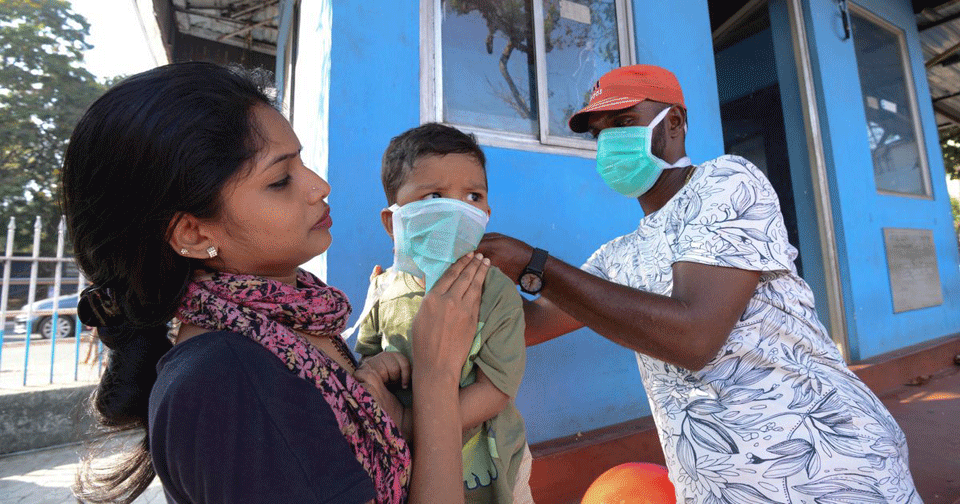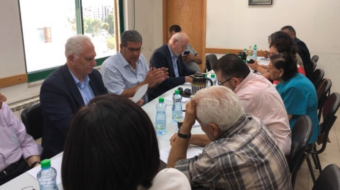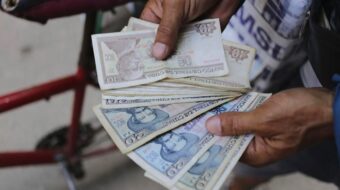
The Communist-led state of Kerala in southern India has been hailed as a model for beating the coronavirus, winning praise for “flattening the curve” despite a lack of support from the country’s central government.
It attributes its success to responding quickly, monitoring the development of COVID-19 as early as January when a student returned to the region from China’s Wuhan province where the outbreak began.
Measures including contact tracing and testing were implemented swiftly among the state population of 34 million, with those showing symptoms isolated in hospitals or placed in home quarantine.
Kerala’s Communist-led government implemented its own stay-at-home measures the day before the nationwide lockdown came into effect haphazardly last month, with schools and non-essential workplaces closed and all public gatherings banned.
The state ensured that supplies, including midday meals for schoolchildren, were delivered to people’s homes and established mental health hotlines for those struggling to cope with the strictly imposed measures.
Kerala was able to draw on its previous experiences of dealing with a pandemic, having protocols in place after the 2018 outbreak of Nipah, a disease with no vaccine or known effective treatment.
Its efforts have been made easier by the primary health care system, with community and neighborhood outreach teams helping limit the spread of COVID-19.
“We have doctors, nurses, and paramedics in every village,” K.N. Harilal, a member of the Kerala State Planning Board said. “So, we have a strong army of healthcare workers to fight epidemics.”
Kerala invests more money in health than anywhere else in India and has one of the highest literacy rates in the country, making it easier to disseminate public information and updates about coronavirus.
Just three people of Kerala’s 400 reported cases of COVID-19 have died, less than 1%. India as a whole has recorded over 23,000 cases of coronavirus with 722 deaths.
One of the reasons Kerala is bucking the trend by “flattening the curve” when the rest of the country is experiencing a peak in cases is the state’s strong grassroots democracy.
The Communist administration has devolved power right down to village councils, which has enabled the community outreach programs to operate effectively and the daily reporting of new information from Kerala’s government to reach its citizens.
As cases are starting to slow down, Kerala’s government is considering relaxing some of its lockdown measures, although there are concerns the state may be hit by a “second wave” of infections imported from elsewhere in India.
Like free stuff? So do we. Here at People’s World, we believe strongly in the mission of keeping the labor and democratic movements informed so they are prepared for the struggle. But we need your help. While our content is free for readers (something we are proud of) it takes money — a lot of it — to produce and cover the stories you see in our pages. Only you, our readers and supporters, can keep us going. Only you can make sure we keep the news that matters free of paywalls and advertisements. If you enjoy reading People’s World and the stories we bring you, support our work by becoming a $5 monthly sustainer today.












Comments